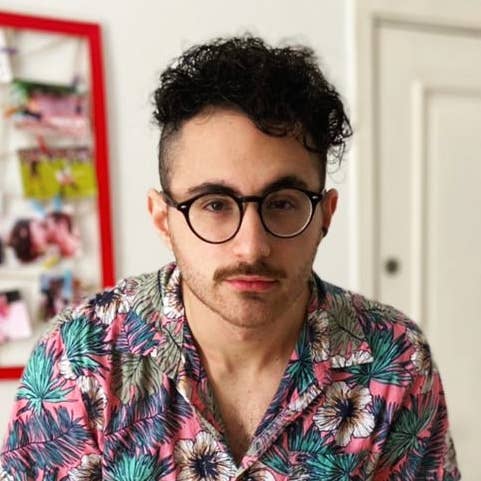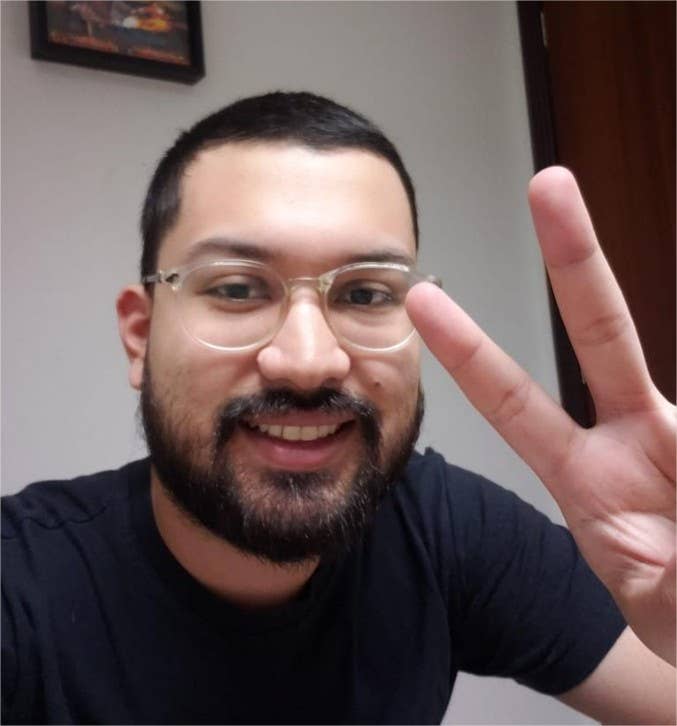X ban in Brazil: "Allowing Musk to disregard court orders sets a dangerous precedent"
As the situation shows signs of resolution, we talk to Brazilian indie devs about the impact of X's ban on their operations
At the end of August, Brazil's Supreme Court ordered the ban of the Elon Musk-owned social platform X (formerly known as Twitter) in the country.
The decision was the result of a months-long conflict, with Supreme Court Justice Alexandre de Moraes ordering an investigation into Musk in April for "the dissemination of defamatory fake news" as well as "obstruction, incitements, and criminal organisation."
X closed its Brazilian offices in mid-August as a result, and was given 24 hours to appoint a new legal representative on August 28 – or face a ban in the country. The company did not comply and the social platform has been unavailable in Brazil since then. Prior to the ban, X had 22 million users from the Latin American country.
On Saturday, Alexandre de Moraes confirmed that X still wasn't meeting requirements for the ban to be lifted despite naming a legal representative, and gave the company five days to file additional documents – which could potentially lead to the ban being lifted.
While this situation may seem removed from the video games industry, the platform's ban has had a direct impact on many indie developers in Brazil, who use it as their primary network to reach players.
"As a small studio, X was my main social media and I used it for two reasons: promote my games, [and] stay tuned with other indie devs and the global game industry in general," Fernando Tittz Gândara Rezende, developer at Games From The Abyss, tells GamesIndustry.biz. "Without access to it, my international reach has been severely reduced and it's also harder to get fresh news about other indie games, showcases, engine news, and the games industry as a whole."
Luciana Guerrero, community and social manager at Rogue Snail, tells us the studio had to look for alternative ways to keep engaging with its audience. Bluesky has been seen as the solution of predilection for many, with the platform experiencing a boom in sign ups, getting over three million new users in the span of two weeks and topping the app stores in Brazil.

"Without access to X, my international reach has been severely reduced and it's harder to get fresh news about the games industry as a whole"
Fernando Tittz Gândara Rezende
"We were already using Meta's social networks (Facebook and Instagram), as well as TikTok and YouTube," Guerrero lists. "YouTube, in particular, has become the most crucial for reaching players worldwide."
However, Rezende points out that growing a YouTube channel isn't as easy as growing a Twitter account, and that "this kind of content is way more effort than a tweet, making it way harder for small studios [or] solo devs that will have to choose between spending their time developing the game or making a video to promote it."
Nicolas Takada, marketing analyst at QUByte Interactive, says that X's ban has had a "significant impact" for the firm as it's lost "direct touch" with a prominent portion of its community.
"Our most effective platform was X, where our postings were seen by the largest number of people," he tells us. "We began to invest more time and resources into platforms that we were already using but hadn't fully explored. For example, Tiktok, which has a growing user base and is proving to be an important alternative, especially for creative content."
Exploring other platforms has had ups and downs for the studios trying to find new strategies to reach their audience.
"Since the algorithms of Instagram and TikTok rely heavily on geolocation, it has significantly limited Brazilian developers' ability to reach global audiences," Guerrero points out. "Bluesky is still relatively new, and most of the migration has been from Brazilian users. While this is great for local networking, it also carries risks. Without partners in the US or Europe to help amplify our reach, it becomes more difficult to connect with global audiences, especially for small to medium-sized studios with limited financial and human resources for paid traffic. This could have helped offset the lack of organic connection via Twitter/X.
"I do believe the market will adapt, and platforms like Bluesky may grow to achieve Twitter/X's level of influence. But for now, it's clear that Twitter/X was one of the key platforms for us to connect with people worldwide."
Rezende says that Discord can be a good alternative, but requires a bit of effort to draw people to it, while Reddit has rules against self-promotion making it a harder tool to use fur studios.
"Overall, Brazilian developers will have a marketing disadvantage," as long as the X ban is active, he says.
Takada adds: "We've always had an audience outside Brazil, so X was a crucial tool for expanding into international markets. With it, we were able to interact with influencers and have easier global communication. We've had to adapt without it by concentrating more on tools like Discord."
Rezende mentions that, while Bluesky has been good, it doesn't have as big a userbase as X globally so reach remains affected.
"I also think that most people that can access X still prioritise posting and interacting on it rather than on Bluesky. This means that Bluesky users might get to know stuff later," he says, mentioning that, beyond the community aspect, he's worried about longer-term effects should the situation endure, like sales declining.
"Since X was the main social media of several game devs and one of the few platforms that doesn't have a regional algorithm, studios that rely on international sales will probably have a harder time reaching out to global audiences, leading to [fewer] sales, [and] to a situation where it gets harder to maintain a studio.
"We will have to adapt, figure out different ways to promote and sell our games, and also share these experiences between ourselves until we find more efficient ways. Maybe we will have to let go a bit of the international audience and fully embrace the Brazilian customers, maybe we will find other ways to reach international audiences, only time will tell. But in the meantime Brazilian games sales will probably be affected."

With studios' organic reach affected by the ban, Rogue Snail's Guerrero says the studio has had to rely more on ads and paid traffic.
"However, competing with other global game studios is harder, as they still have access to Twitter/X, allowing them to connect more easily with their international audiences," she says. "We're working around this by finding external partners to manage Twitter/X accounts for us, and trying to mitigate the issue. But we know this isn't a viable solution for every studio in Brazil, which makes things more challenging."
Beyond the impact on game studios in Brazil though, Guerrero understands the ban and highlights Musk's reckless attitude.
"While Twitter/X is an important tool for reaching global audiences, we can't support Elon Musk's disregard for Brazilian laws. The decisions made by our judiciary require him to comply with local regulations, including blocking accounts tied to individuals convicted of spreading misinformation and attacking democratic institutions. This isn't about censorship or free speech – it's about upholding legal orders. Making an exception for Twitter/X and allowing Musk to disregard court orders – like failing to block accounts convicted in legal cases – sets a dangerous precedent. It would suggest that major fintech owners can treat our country as a testing ground without accountability.

"While Twitter/X is an important tool for reaching global audiences, we can’t support Elon Musk's disregard for Brazilian laws"
Luciana Guerrero
"If Elon Musk follows the necessary legal procedures, it's very likely that Twitter/X will return to normal operations. However, given his current stance, I'm not optimistic this will be resolved soon."
It's worth noting that our interview took place last week, prior to Saturday's evolutions, during which a legal representative for X in Brazil was finally appointed. So odds do look a bit more promising now but X will remain a controversial platform due to its owner.
"At this point, it's difficult to predict the long-term effects," Takada says. "For many Brazilian developers, especially small and independent studios, X was the go-to platform for community building, promotions, and international exposure.
He continues: "We're confident that this situation will be solved quickly so that publishers and developers in Brazil can once again access X. Even though we were able to refocus on other platforms, X's adaptability and reach were unmatched, particularly for independent developers trying to spread the word about their work internationally."
Concluding our chat, Rezende advises Brazilian developers to keep supporting each other and find options together.
"My recommendation for other Brazilian developers is to not wait for it to get resolved. Try finding out different solutions! And also, since we are all on the same page, share your experiences with other developers so we can all learn from our hits and misses."

